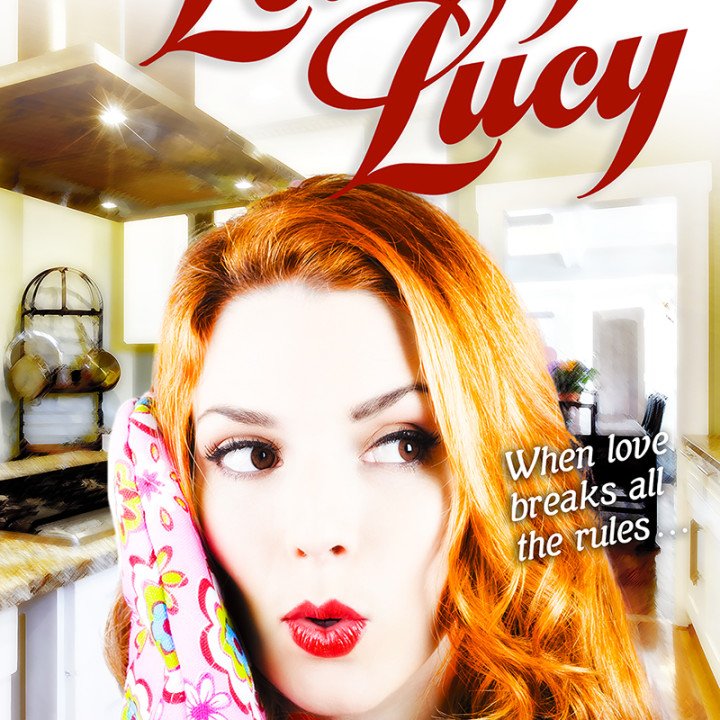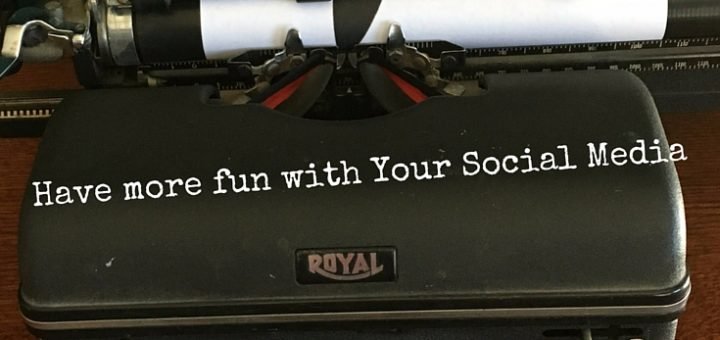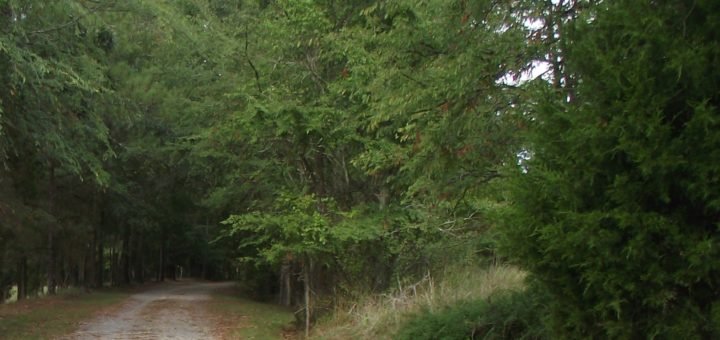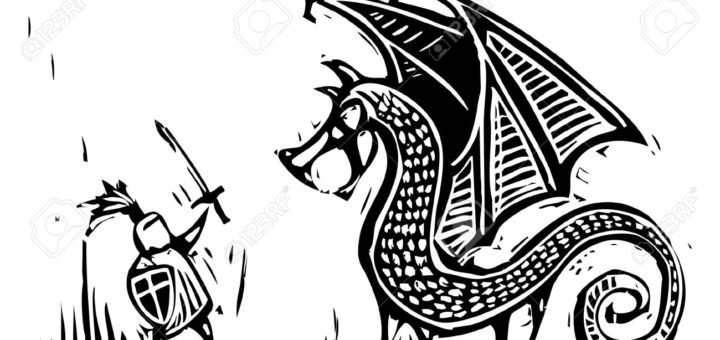Impressions: A Game of Details by Wyatt Bessing
In her book Thinking About Memoir, Abigail Thomas reminds us: “Details. Specifics. Eliminate all abstract nouns.” Of course, this rule holds true for writing fiction as much as memoir. Whatever you write, use specific details to craft a full, believable world.
















Recent Comments